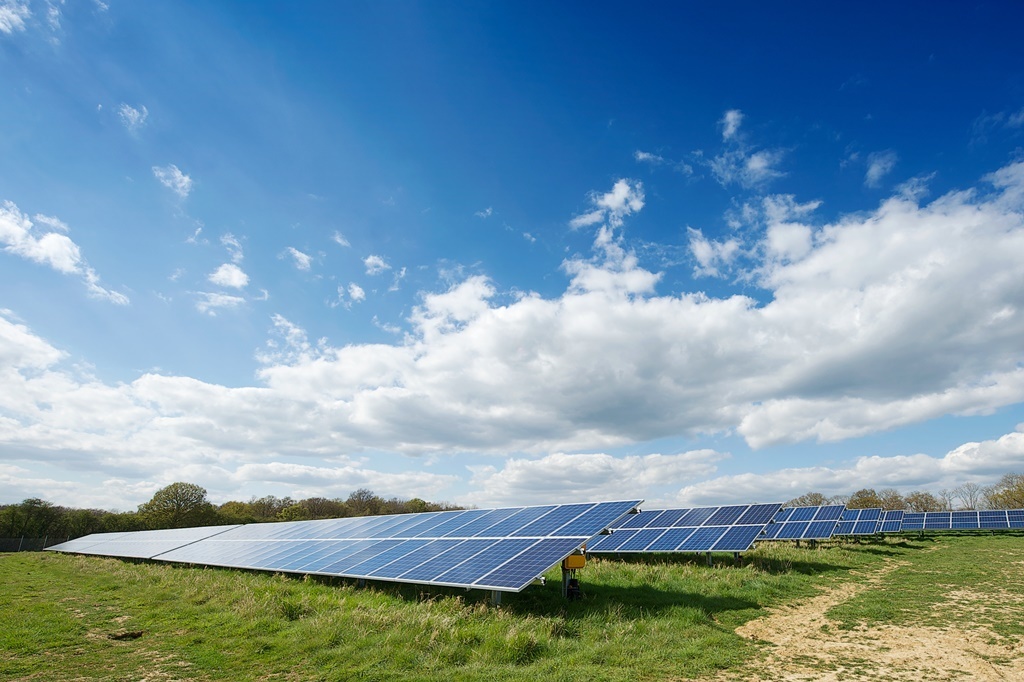
Scottish homes with solar panels would have received enough energy from the sun to meet their entire electricity consumption last month, according to environmentalists.
Wind turbines also produced enough energy to meet the electrical needs of about three-quarters (76%) of homes and over a third (36%) of Scotland’s entire energy consumption in May, WWF Scotland said.
The charity has published the analysis to urge the Scottish Government to make greater use of renewables in its forthcoming energy strategy.
WeatherEnergy, which compiled the WWF analysis, said the solar energy data “clearly shows that there’s plenty of sunshine to meet a significant proportion of an average family’s electricity and hot water needs during some months of the year”.
There was an average of 211 hours of sunshine last month, according to the Met Office – over a quarter more than the average May sunshine and regarded as an “anomaly” from long-term trends.
WWF Scotland director Lang Banks said: “For the tens of thousands of Scottish households that have already installed solar panels, there was enough sun to potentially meet all of their electricity or hot water needs, helping to reduce our reliance on polluting fossil fuels.
“During the month, wind turbines in Scotland produced output equivalent to the average electricity needs of over 1.8 million homes.
“These figures underline the fantastic progress Scotland has made on harnessing renewables, especially to generate electricity.
“However, with less than 13% of our total energy needs coming from renewable sources, it’s now time to widen our attention on de-carbonising our economy beyond just our power sector.
“That’s why the forthcoming review of Scotland’s energy strategy must set a target of meeting at least half of all our energy needs from renewables by 2030.”
Karen Robinson, of WeatherEnergy, said: “The data clearly shows that there’s plenty of sunshine to meet a significant proportion of an average family’s electricity and hot water needs during some months of the year, and that it isn’t just during the summer months that this contribution is felt.
“It’s clear that when it comes to generating clean power Scotland is one country others are already watching closely.”
